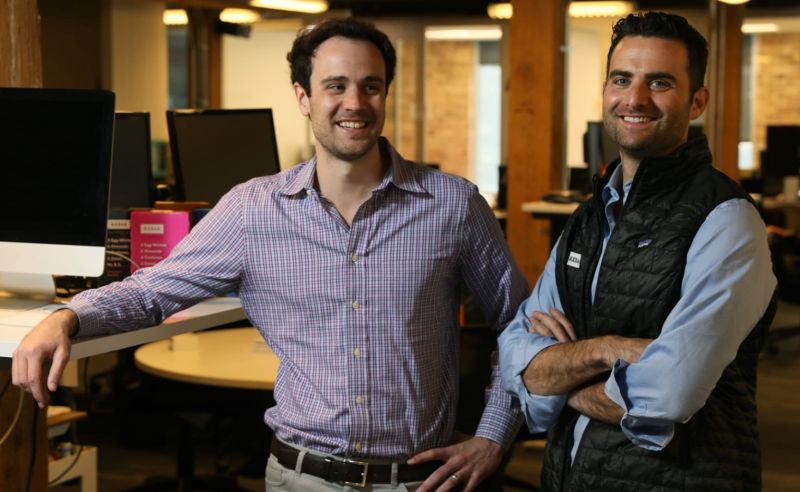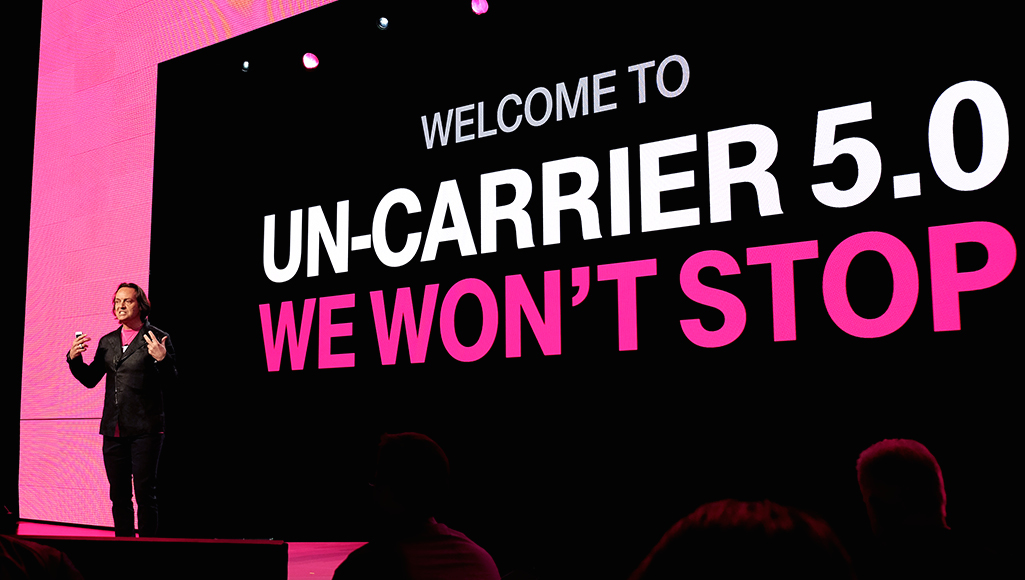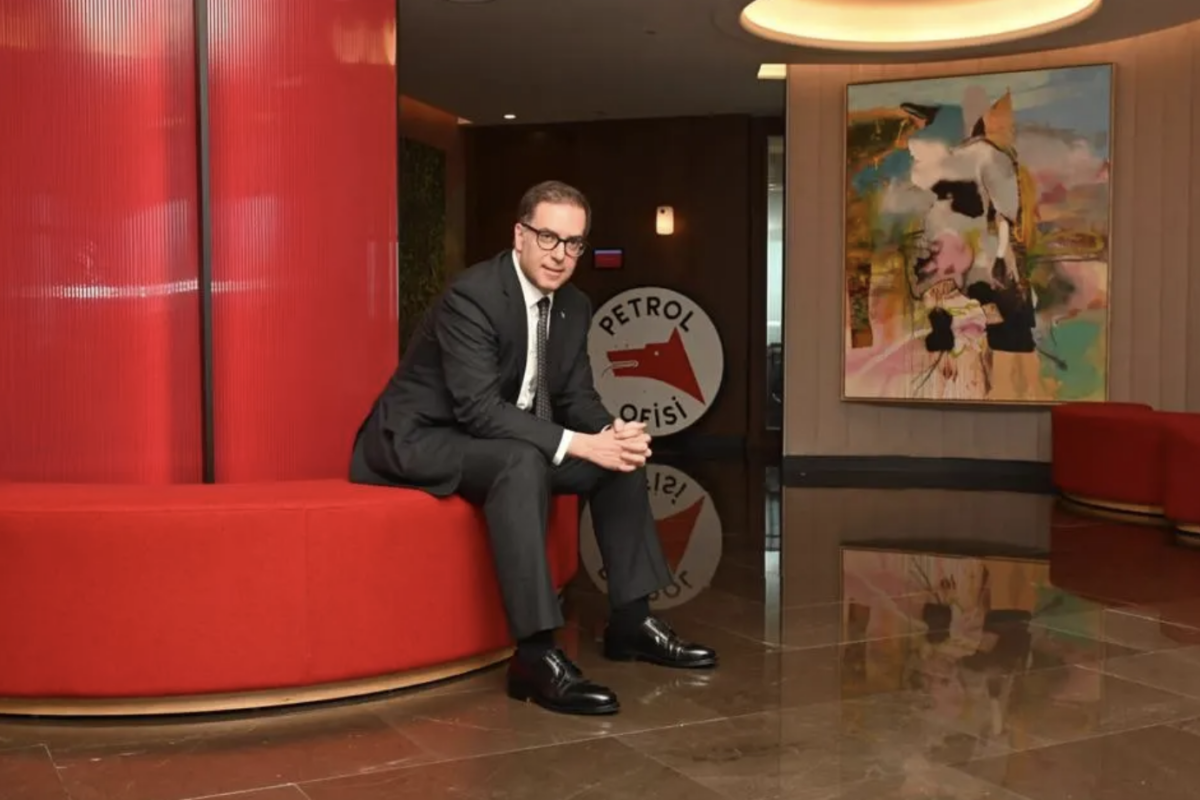As reported in Reuters, organizers of an advertising boycott campaign targeting Facebook, which has drawn support from a growing list of major brands, are now preparing to go global to increase pressure on the social media giant to remove hate speech.
Hate speech in and of itself is a mine field. First of all, nobody can define it with any precision beyond the patently obvious calls to violence and racial epithets. Even Facebook’s own definition is highly subjective and full of contradictions. Here’s an example: “Sometimes people share content containing someone else’s hate speech for the purpose of raising awareness or educating others. In some cases, words or terms that might otherwise violate our standards are used self-referentially or in an empowering way.”
Nevertheless, as the global consumer consciousness has been oriented towards racial equality and other important social issues, people are pushing brands to take a leadership role in being a part of the change that so many across the globe are demonstrating and protesting to achieve (and that governments have proven to be woefully incapable of doing). Last Friday, Unilever became the largest company to commit to pulling ad spend on the platform — and not just for July, as the boycott calls for, but for the rest of 2020.
In response, Facebook CEO Mark Zuckerberg reversed his original stance last Friday afternoon, saying the company would “start labeling posts it deems newsworthy but that also violates its policies,” though this doesn’t quite address all of the boycott’s recommendations.
In a recent newsletter from Bob Hoffman, who has been sounding the alarm on Facebook for years, he reminds us what he said in 2018. “…While Facebook is being demonized, let’s keep in mind who’s funding all this sordid activity — it’s the ad industry. It is the money we keep pouring into Facebook that makes all this sleaze possible. If we had an ounce of responsibility, we would say ‘no more.’ But, of course, we don’t. We just hide behind Facebook’s skirts and let them take the hits.”
Some of the world’s top brands are no longer hiding.
And with major brands like Patagonia, Honda, Verizon, Starbucks, Coca-Cola and Levi’s joining the boycott, they may begin to exert pressure on other brands to do the same. These larger brands account for more than a quarter of Facebook’s $70B ad revenue. And on Friday, Facebook’s 8.3% decline in stock price wiped out $56 billion in market capitalization.
As if directly answering Hoffman’s rallying cry, Patagonia said in a series of tweets, “From secure elections to a global pandemic to racial justice, the stakes are too high to sit back and let the company continue to be complicit in spreading disinformation and fomenting fear and hatred. As companies across the country work hard to ensure that Americans have access to free and fair elections this fall, we can’t stand by and contribute resources to companies that contribute to the problem.”
The boycott is even moving to other platforms which is impacting users. Many on Twitter who lean conservative, are migrating to a new platform called Parler which seems to favor the legal interpretation of the American First Amendment.
With some of the major brands taking a break from Facebook, there could be opportunity for small and medium brands to get higher ROI on the platform due to less competition and lower prices. But I advise caution. Facebook has been under fire for a lot of things they’re doing wrong. We should expect increased regulation to come, but public policy changes will be slow, especially in a highly political and partisan time. Some brands aren’t waiting for new rules. They’re creating new rules through the power of their actions. Whether Facebook adapts to the new rules will be something to watch out for.
In closing it’s important to note, while Facebook has a loose definition of hate speech, brands better have a well defined one. It’s not enough to know what you stand for as a brand — you have to clearly know what you stand against and make decisions at the intersection of the two. Passive brands and their leadership teams will be moved aside, while activist brands like Patagonia secure their place at the front.
The Blake Project Can Help: Define what you stand for and stand against in the Brand Positioning Workshop NOW ONLINE
Branding Strategy Insider is a service of The Blake Project: A strategic brand consultancy specializing in Brand Research, Brand Strategy, Brand Growth and Brand Education




